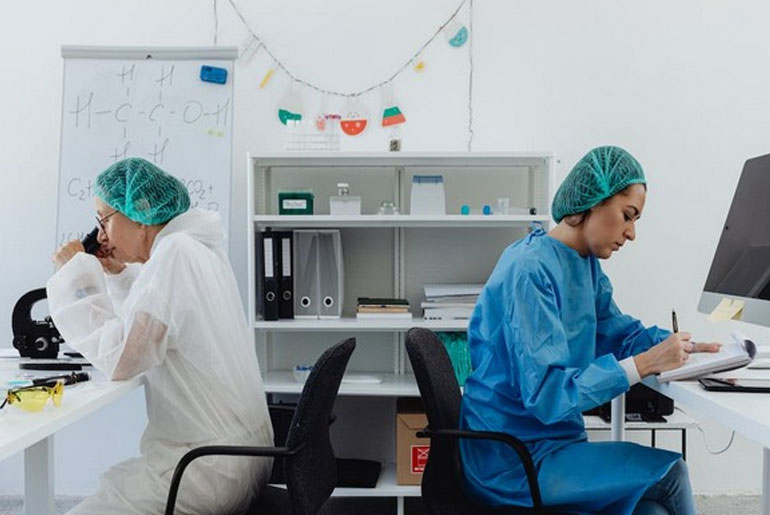The research, based on data from nearly 600,000 patients in England, highlights a significant finding regarding breast cancer survivors and their increased risk of developing secondary cancers. Specifically, female survivors have a heightened risk of endometrial and ovarian cancer, while male survivors face an increased risk of prostate cancer.
What’s particularly noteworthy about this study is the revelation that the risk of secondary cancers is even higher among individuals residing in areas with higher socioeconomic disadvantage. This suggests that socioeconomic factors play a crucial role in influencing the likelihood of developing secondary cancers after surviving breast cancer.
First author Isaac Allen from the Department of Public Health and Primary Care at the University of Cambridge stated: “It’s important for us to understand to what extent having one type of cancer puts you at risk of a second cancer at a different site. The female and male breast cancer survivors whose data we studied were at increased risk of a number of second cancers. Knowing this can help inform conversations with their care teams to look out for signs of potential new cancers.”
The findings underscore the importance of considering socioeconomic status in cancer survivorship care and support initiatives. Addressing disparities in access to healthcare, socioeconomic resources, and other determinants of health could potentially mitigate the elevated risk observed among breast cancer survivors living in socioeconomically disadvantaged areas.
Allen, a PhD student at Clare Hall, attached: “This is further evidence of the health inequalities that people from more deprived backgrounds experience. We need to fully understand why they are at greater risk of second cancers so that we can intervene and reduce this risk.”
Professor Antonis Antoniou from the Department of Public Health and Primary Care at the University of Cambridge, the study’s senior author, stated: “This is the largest study to date to look at the risk in breast cancer survivors of developing a second cancer. We were able to carry this out and calculate more accurate estimates because of the outstanding data sets available to researchers through the NHS.”
Overall, this research sheds light on the complex interplay between cancer survivorship, socioeconomic factors, and secondary cancer risk, highlighting the need for tailored interventions to support survivors and reduce health inequities.
Cancer Research UK’s senior cancer intelligence manager, Katrina Brown, stated: “This study shows us that the risk of second primary cancers is higher in people who have had breast cancer, and this can differ depending on someone’s socioeconomic background. But more research is needed to understand what is driving this difference and how to tackle these health inequalities.”
Disclaimer:
The information contained in this article is for educational and informational purposes only and is not intended as a health advice. We would ask you to consult a qualified professional or medical expert to gain additional knowledge before you choose to consume any product or perform any exercise.








